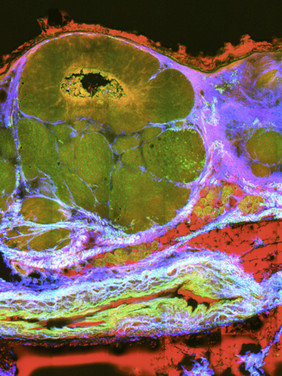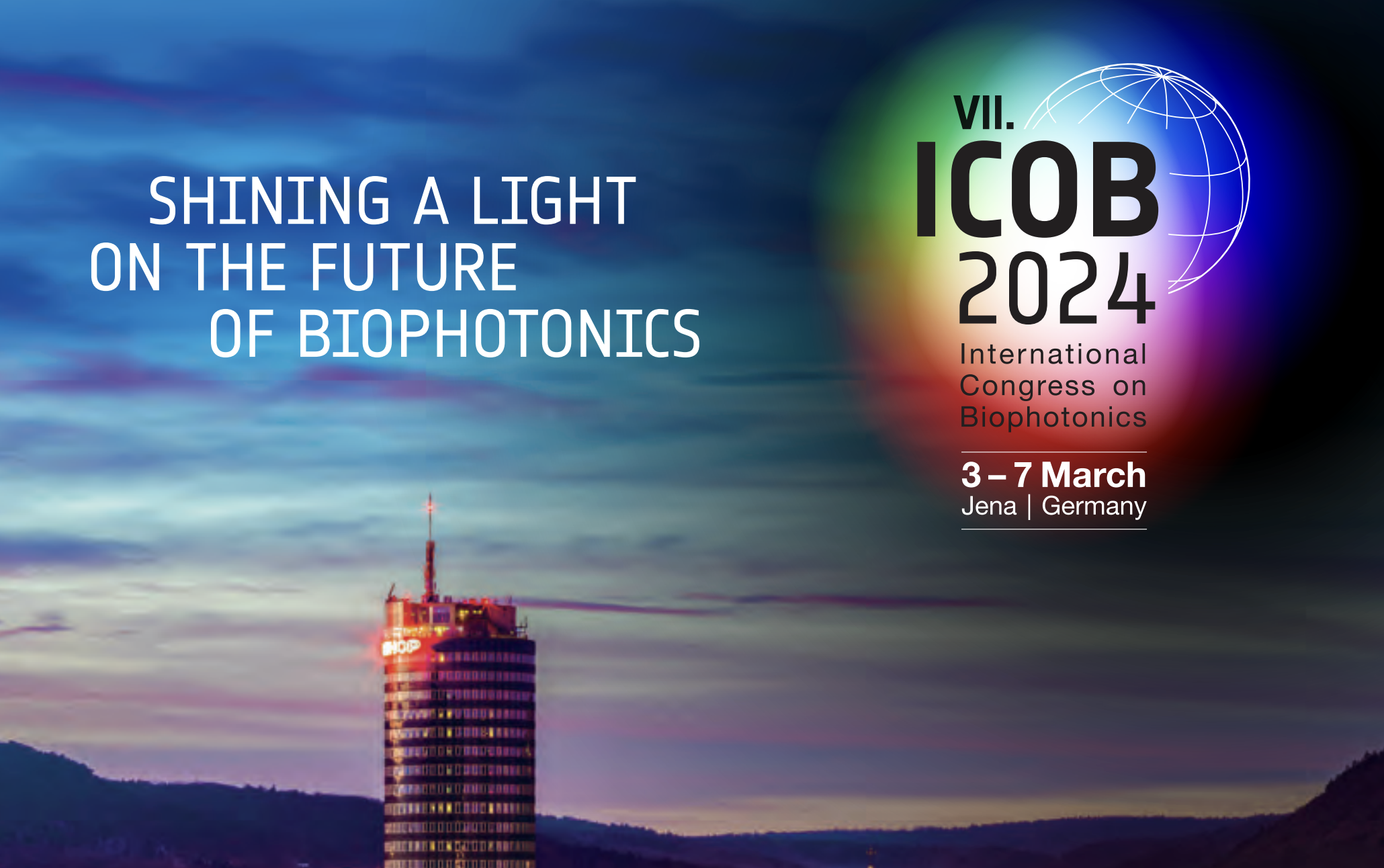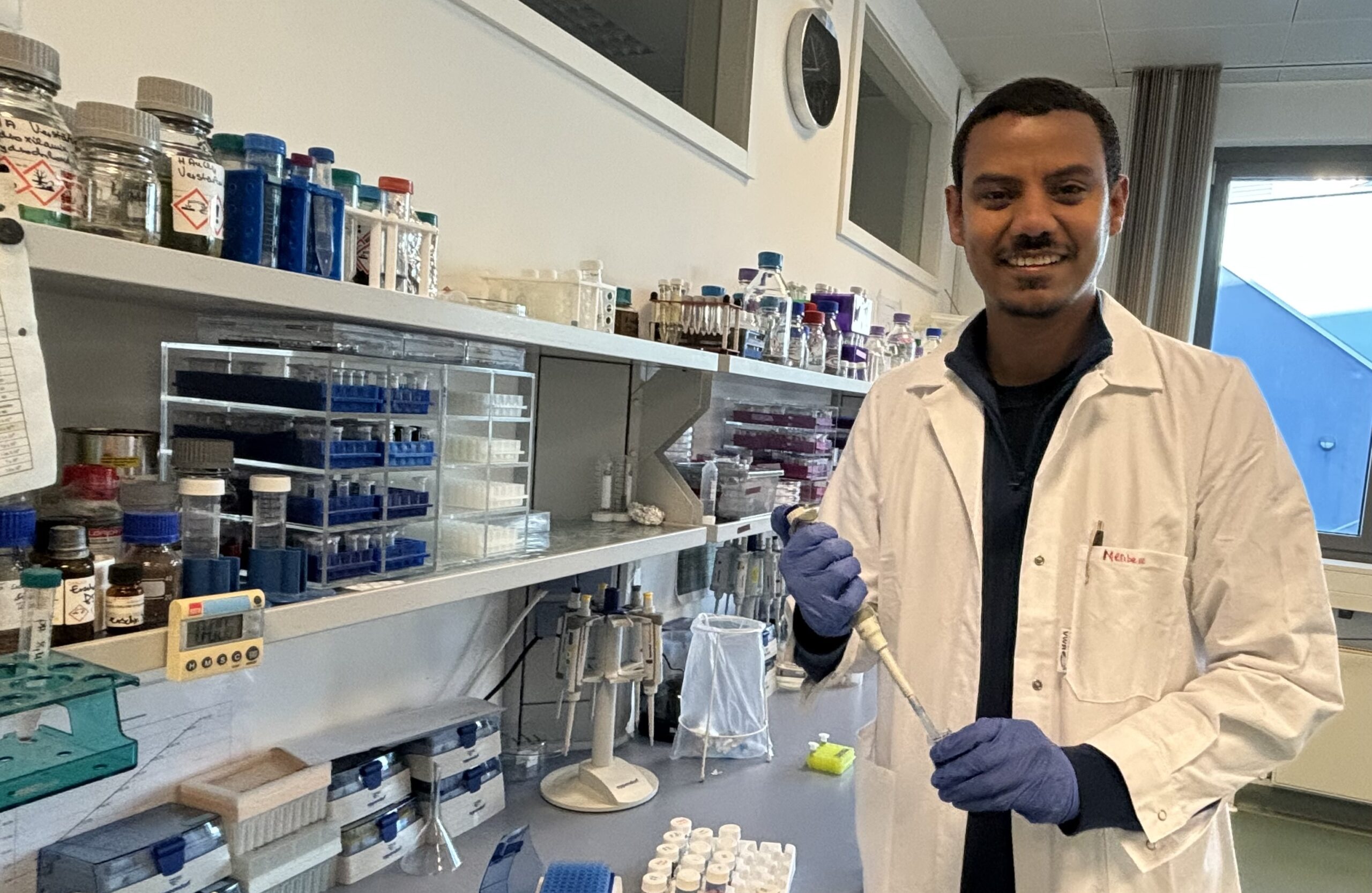New European training network for the cancer research of the future

Leibniz IPHT and high-profile partners from photonics, medicine and industry in seven European countries launch doctoral program to research innovative light-based technologies
Research institutions, clinics and companies from seven European countries have formed a European Training Network aiming at the development of innovative light-based procedures for cancer diagnostics and therapy. The PHAST (Photonics for Healthcare: multiscAle cancer diagnosiS and Therapy) program funded by the European Commission provides an excellent, interdisciplinary qualification in the vibrant field of biophotonics for 15 Early Stage Researchers which will be enrolled in a strong multidisciplinary PhD program. The application phase for the program is ongoing and is expected to be completed in spring 2021.
Career boost for the next generation of researchers
Photonic technologies — i.e. processes that use light as a tool — can help to detect cancer diseases earlier and more precisely and enable a targeted, gentler treatment. The development of such innovative instruments and non-invasive methods for cancer diagnosis and therapy is the focus of the three-year PhD program calling for applications for 15 Early Stage Researchers positions in Italy, Germany, France, Spain, Austria, Ireland and Sweden. The EU supports the innovative training network (ITN) PHAST as Marie Skłodowska Curie action within the Horizon 2020 research and innovation program.
„We join forces to train the next generation of researchers in biophotonics in close cooperation between technology development, medicine and industry,” says Prof. Juergen Popp, scientific director at Leibniz Institute of Photonic Technology (Leibniz IPHT). The institute from the German optics and photonics location Jena is part of the PHAST network together with the micro-optics specialist Grintech GmbH and the Friedrich Schiller University Jena with its hospital.
High-profile partners in research, medicine and industry
“Tumors and tumor margins can be very difficult to recognize under certain circumstances,” explains Prof. Orlando Guntinas-Lichius, who heads the Department of Otolaryngology and Otorhinolaryngology at Jena university hospital (UKJ). Together with the University Hospital San Raffaele in Milan, UKJ is one of the medical research partners in the PHAST network. “Optical and above all biophotonic technologies can decisively advance our diagnostic capabilities — and with them the possibilities of effectively treating these diseases”. Other prominent PHAST-partners include the Institute of Photonic Sciences ICFO in Barcelona, the University of Parma, the Medical University of Vienna and the University College of Cork. Among the companies are specialized small businesses as well as global players such as Horiba, Philips and Zeiss.
The structured training program is linked to specific projects, such as research into a laser endoscope for removing tumor tissue, a micro-camera for hyperspectral imaging in in-vivo diagnostics, or the development of optical methods to monitor the success of therapy. The 15 Early Stage Researchers learn how to use the technologies on practical laboratory platforms, in workshops and summer schools. In addition, they receive a personalized development plan that supports them in planning their future career in the academic or non-academic field.
A detailed overview of the PHAST-ETN, the research positions advertised and information on the application procedure can be found at www.phast-etn.eu.
Cut-off date: 31 October 2020
Research Positions in Jena
PHAST offers 15 ESR/PhD research positions for 3 years (36 months), during which it is intended that a PhD project is started, provided positive evaluation. The following ESR positions are available throughout the beneficiaries of the PHAST project:
- Point-of-care Raman microspectroscopy for detecting tumour markers in body liquids
Host Institution: Friedrich Schiller University, Germany
Supervisors: Prof. Michael Schmitt (Friedrich Schiller University), Dr. Catalina David (Horiba Jobin Yvon SAS) - Multimodal nonlinear imaging for clinical diagnosis in combination with laser tissue ablation for selective tissue removal
Host Institution: Institute of Photonic Technologies — Leibniz-IPHT, Germany
Supervisors: Prof. Juergen Popp (Institute of Photonic Technologies – IPHT), Dr. Orlando Guntinas-Lichius (Jena University Hospital) - Micro-optical imaging system for multimodal non-linear endospectroscopy
Host Institution: Grintech GmbH, Germany
Supervisors: Dr. Bernhard Messerschmidt (Grintech GmbH), Prof. Juergen Popp (Institute of Photonic Technologies — Leibniz-IPHT)
Multi-contrast image of a thin section of tissue affected by skin cancer. An optical procedure researched in Jena makes morphological and molecular aspects visible. The technology was developed by a team of researchers from Leibniz IPHT, Jena University and University Hospital and the Fraunhofer Institute for Optics and Precision Engineering. In the future, it should help surgeons to remove tumors more precisely during surgery. Picture: Leibniz IPHT
Contact
Related News
Third party cookies & scripts
This site uses cookies. For optimal performance, smooth social media and promotional use, it is recommended that you agree to third party cookies and scripts. This may involve sharing information about your use of the third-party social media, advertising and analytics website.
For more information, see privacy policy and imprint.
Which cookies & scripts and the associated processing of your personal data do you agree with?
You can change your preferences anytime by visiting privacy policy.


